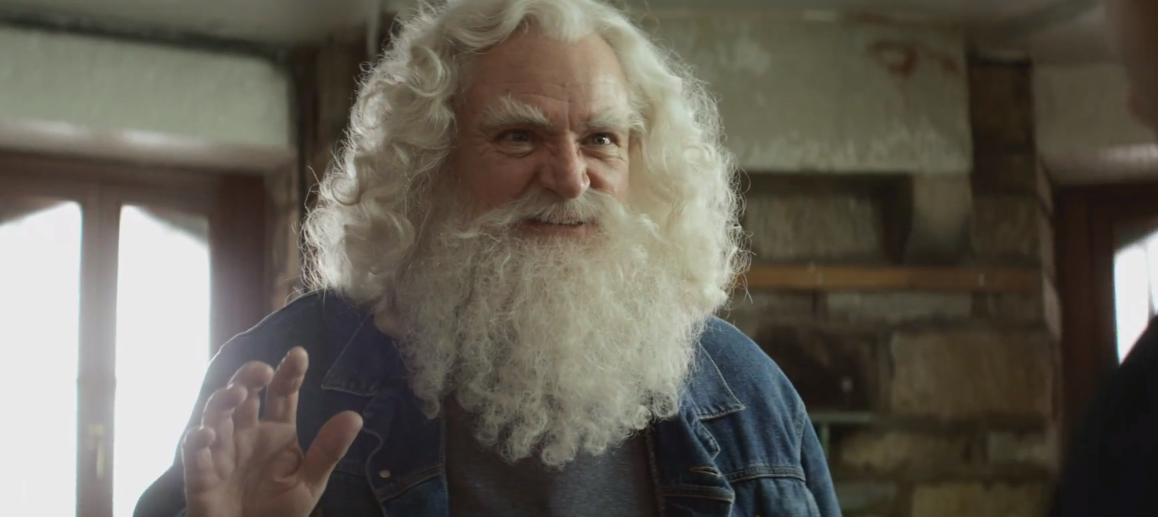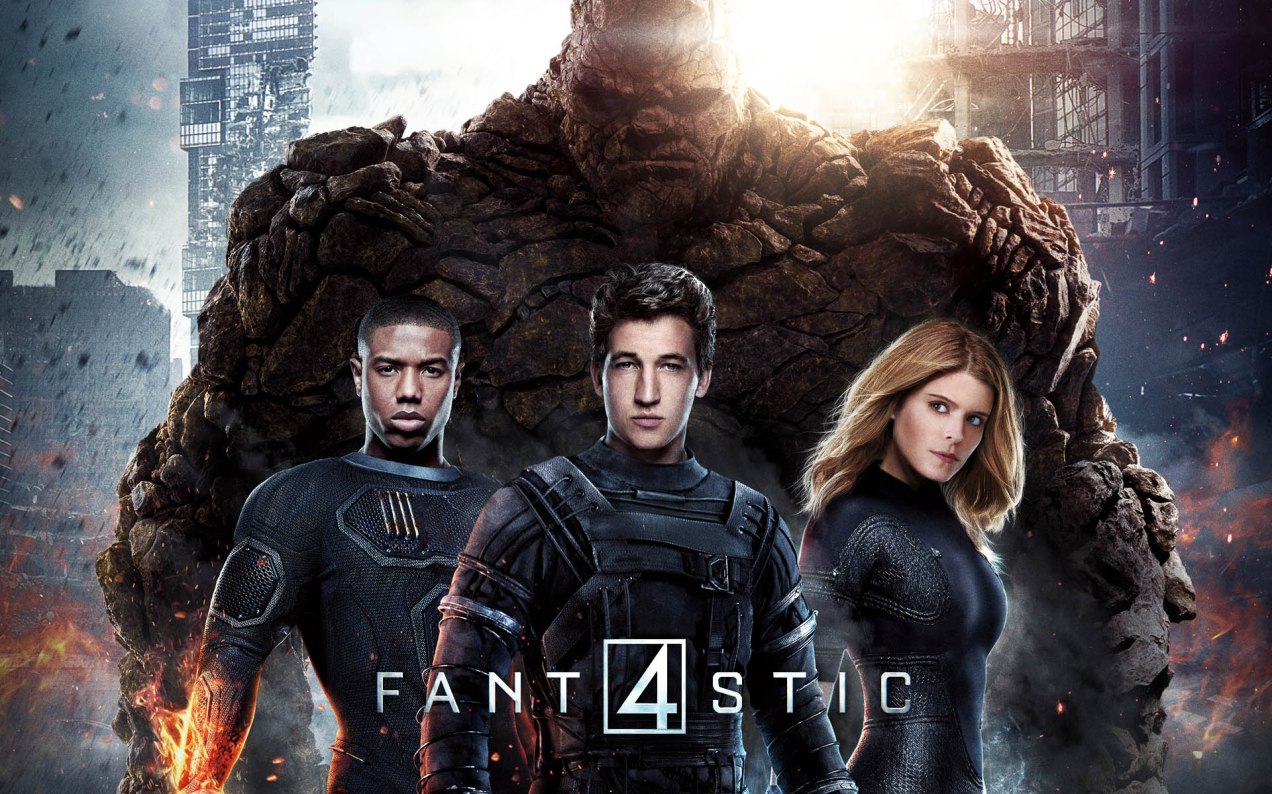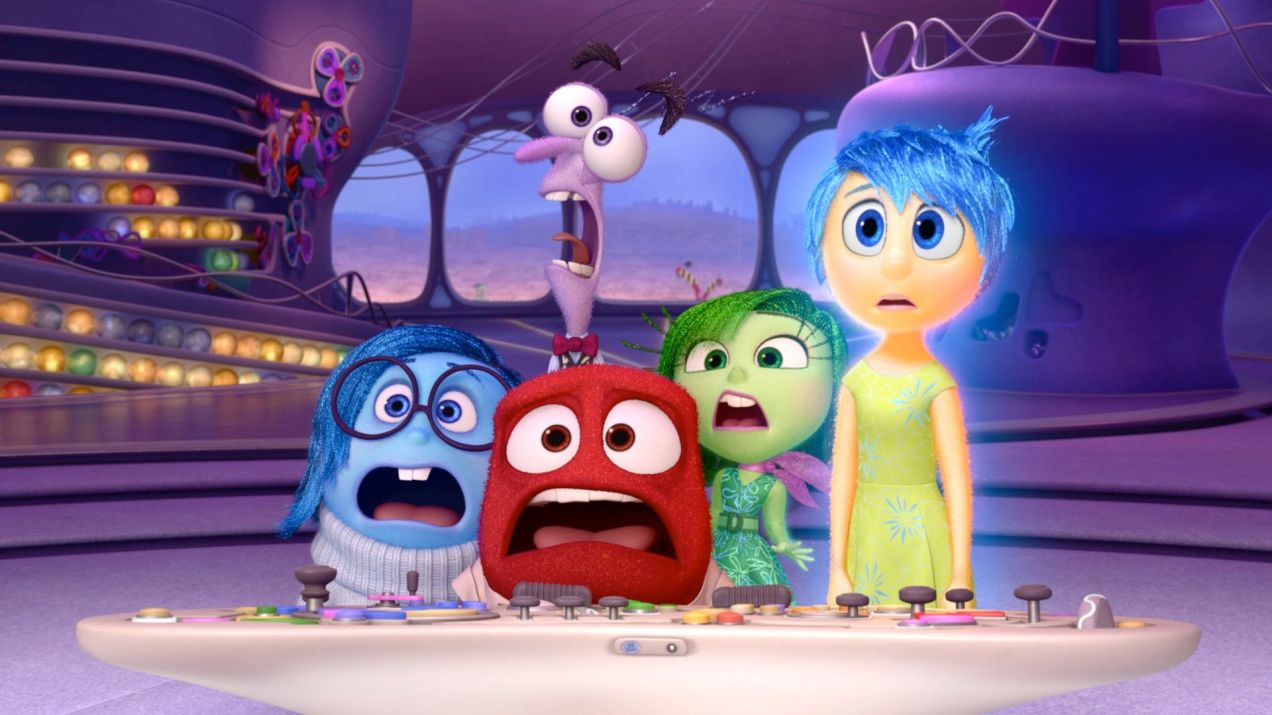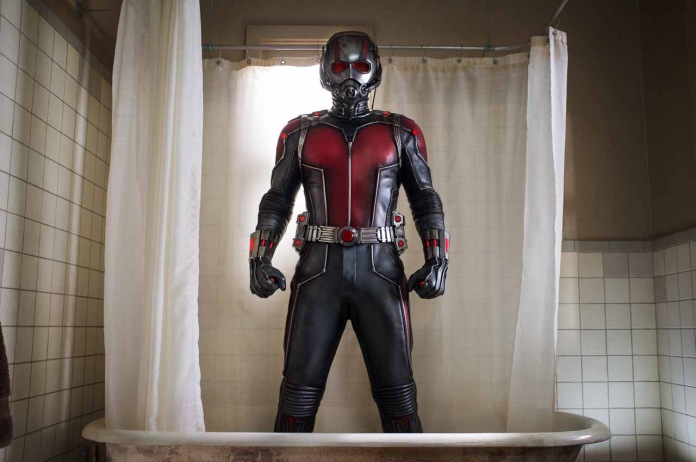That title is a bit confusing, granted, but I’ve never used the Oxford comma and hell, I’m not gonna start now. So no, the second film isn’t “Get Santa and Men”, that’s an entirely different film which I’m sure is available to order on DVD from some online black market store.
ANYWAY, first things first (I’m the realest), Black Sea.

Blimey Jude, alright, we’ll get there.
Black Sea is not just about Felixstowe’s beaches; in fact, it doesn’t even reference them. Nay, Black Sea follows a man named Robinson (Jude Law, the originally J-Law), who has been made redundant after being a submariner with a shipping salvage company for over 20 years, and after basically losing his family to the job too. So he’s a bit hacked off. He then gets a tip off about a sunken U-Boat from World War 2 filled with Nazi gold waiting in the, well, black sea of Crimea. So he gathers a half Russian, half British team (with a cowardly American and a psychopathic Australian thrown in for good measure) in a rusty old Russian sub to salvage the gold; however a number of problems occur, especially when friction between the Russian and British submates starts to come into fruition…

Director Kevin Macdonald, whose work includes The Last King of Scotland, uses the submarine setting very well indeed; emphasising the claustrophobic environment by seldom leaving it at all. Even when we do leave the sub, it’s only to see the exterior; never above the surface. It positions you, as a viewer, in the submarine itself and makes you feel as trapped, cabin feverish and smelly (just the bloke sat near me then?) as the men onboard the sub itself. In turn, this makes the tension ramping up feel very close to home, and just as impactful.

The performances here are all very solid, including from J-Law Mk 1 as the surprisingly level-headed captain scotsman (whose accent very occasionally can drift into bum notes). All the crew portray the bubbling tension very well (some, of course, more hotheaded than others), never reaching cartoonish levels of anger. There’s an underlying social commentary on how the men of the Navy are treated after their stints and are proverbially thrown on the scrapheap of life, so to speak. There are shots of job centres, rants about poverty, various twists and “the man” to back this up, so it’s hardly subtle but it’s still a reasonable subtext to have.

While Black Sea lacks, er, fun and laughs, it’s heavy on character, pressure and setpieces; it has all the bearings of a heist movie, except underwater and in a pressure-cooker environment. Just as the rusty pipes clang and various parts blow up, the men grow more and more desperate; both for their money and for their lives. The film is a very well shot, solid descent into what happens when human beings, who have been treated badly by the system anyway, are pushed to their very limits.
Next, it’s Get Santa!

You may think from the title alone that Get Santa is solely about getting santa, but not in the “get ’em boys!” sense. And you’d be absolutely right, yes, but there is more to it than that. Just a few days before Christmas, Santa (Jim Broadbent) crashes his sled, leading to his reindeer being spotted roaming about London, and the man himself taking refuge in the garden of young Tom (Kit Connor). His father Steve (Rafe Spall) is a getaway driver who has just got out of prison, and is roped in to help Santa by his son after he is sent to prison for trying to rob his reindeers back from Battersea Dog’s Home. While Santa tries to convince people of his identity and survive jail, can Steve and Tom track down everything in time and save Christmas?

Bizarrely, this is produced by Ridley Scott, and is directed by Christopher Smith of Brit horrorfests Creep and Severance fame, so it’s quite a change of pace from the norm for them. Even with these names on board, after Nativity 3: Dude, Where’s My Sanity?, I was somewhat trepidatious when it came to this movie; that it would have all the cringeworthy, gurning and just awful beats that it had, becoming an embarrassment to the British film industry. And while it’s not a shining light and a stone cold classic Christmas movie, Get Santa is a warm and funny enough diversion from Christmas shopping to warrant having a watch.

I mean, don’t get me wrong, the story is ridiculous, and to begin with actually quite hard edged. Prison, a criminal father and an apparently messy divorce don’t exactly scream “HOORAY YAY CHRISTMAS!” straight away, and nor do the admittedly quite bleak colour tones towards the beginning. But, when it gets there, it’s quite a colourful affair; playing with and using the Northern lights and “Lapland” to good effect. The somewhat ludicrous story is actually a touchstone of most Christmas movies in themselves, so it’s to be expected, and the plot holes may be papered over by Christmassy wrapping paper but they’re still there.

Rafe Spall and Jim Broadbent shine in this in their roles as the somewhat dodgy but well meaning father and Santa himself, with Jim Broadbent in particular being an “Ah eureka!” moment of casting. Stephen Graham, Warwick Davies and Jodie Whittaker are also all on good form here but are somewhat overused. There are the odd jokes that make you chuckle (such as Santa walking in slow mo down the prison corridors to the tones of the NWA, or the odd japes with the police), but nothing is really gutbustingly hilarious or all out moving to tears.

All in all then, Get Santa has some unique points to it (pour example the giant letterboxes for all santa’s letters), and a funny enough concept with good casting to get it through, but it doesn’t have enough originality or family laughs per minute to quite reach the absolute Christmas classic level of Elf, Muppet Christmas Carol or Die Hard (yes, Die Hard is a Christmas film, watch it again and tell me otherwise). So if you fancy seeing a family Christmas film and Paddington is sold out, you could do a lot worse than Get Santa.
Right, finally then, Men, Women & Children.

So, what is this extremely vaguely titled film about? Well, it follows a series of stories that intertwine with one another in a small way; mainly, it’s about families with teenage kids who all go to the same high school. The film examines their problems and issues in relation to the internet and their technology. It includes, and isn’t limited to, anorexia, porn addiction, extra marital sex and cyber smothering.

So heavy stuff there, obviously, with such massive relevance in this day and age. Writer and director Jason Reitman has given us some very good movies in the past too, with Juno and Up in the Air under his belt. And with a high quality cast and some fairly slick visuals to boot, this story is gonna be good, right? Riight…?

Wrong.

It’s a massive disappointment.
First off, the stories – it makes a narrative choice to keep five story plates spinning at the same time that intertwine with each other rather than have the episodically, which is very brave, as they all reach their crescendos. But it just doesn’t work. Some stories get lost in the mix, others climax (stop laughing) at times when others don’t and therefore undermine one another. The stories themselves, too, are all very undeveloped and stale (and often ridiculous). It all feels a bit like Reitman has stuck his storytelling fork into a bowl of quite poor narrative spaghetti and has slopped down the tangled and confused mess onto a plate and said “there you go, eat that!”.

Some of the stories are based on good ideas and themes, but it just all feels a bit… preachy and tell-offy. “The internet is bad… sometimes!” is the vibe it tends to give off; a completely confused message that is very selective and ham-fisted. It feels like a film that desperately wants to say something but has absolutely no idea what – simultaneously condemning internet freedom and internet restriction. The performances are actually very good, and I must say that Adam Sandler is actually, for once, one of the best bits of it, as he is good in this (I know!). But the writing and dialogue is all so poor and often boring that even the good performances swallow themselves like a black hole of tedium. As soon as you see Ansel Egort’s trembly little lips you can tell pretty much exactly what is going to happen in his mumblecore story segment, as you can with frankly a lot of them. It is literally just some stuff happening, some nonsensical, which have a small relation to the internet.

Men, Women & Children is a long, confused, preachy, modern-while-old-fashioned, boring and predictable disappointment from Reitman. Even the wonderful Emma Thompson gives her voice over with a degree of “why am I doing this?” in her tones as she speaks over a satellite drifting around space (yep, seriously, it’s bookended by space). Don’t bother.
















































































